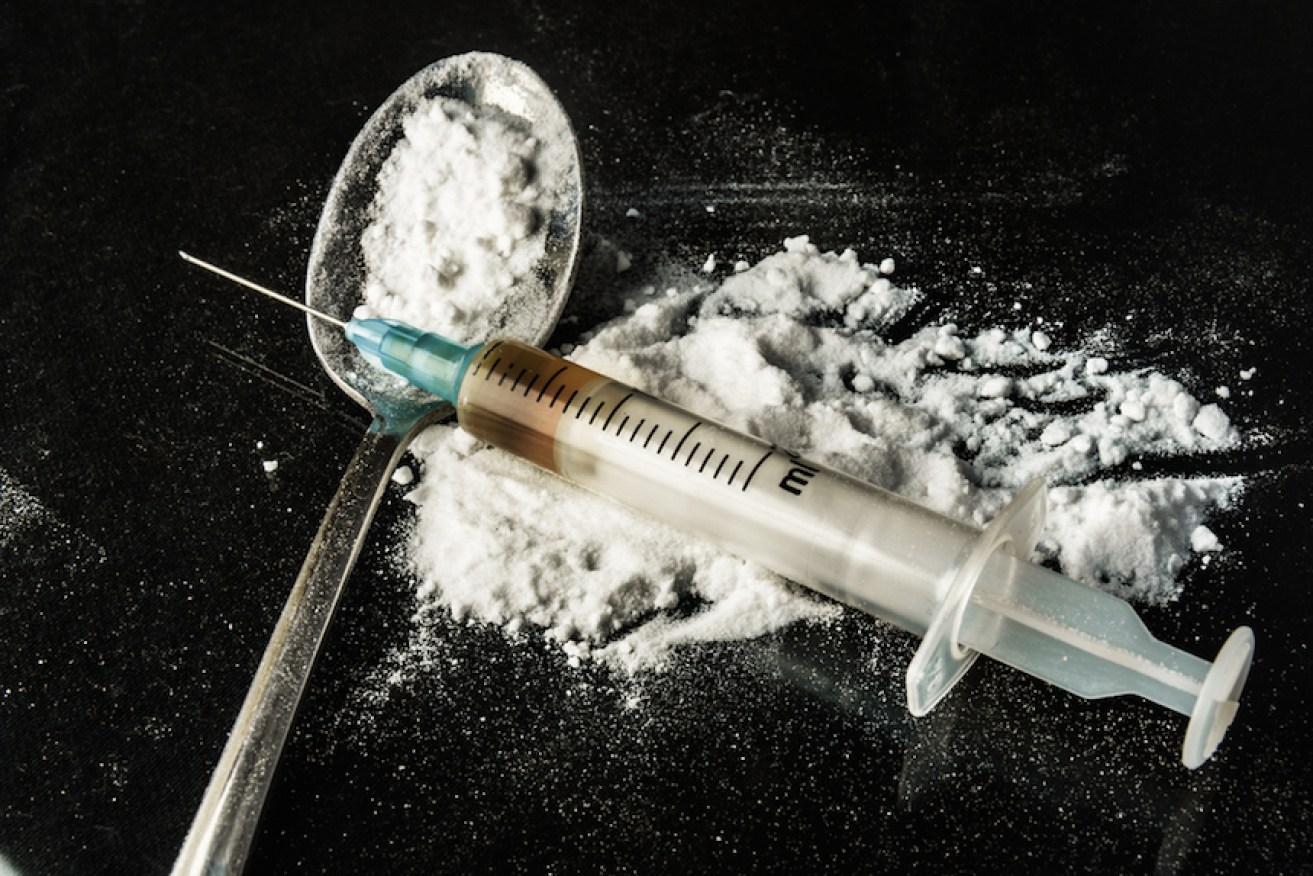Drug and alcohol testing could be coming to your workplace


Does you workplace have drug and alcohol testing? It might soon. Photo: Shutterstock
Australian motorists have grown accustomed to drug and alcohol testing on the roads, now some employees will have to get used to similar tests in the workplace.
Last week, the Blacktown City Council made headlines when it announced a drug and alcohol testing program for its employees, effective July 1, 2017.
Blacktown City mayor Stephen Bali said many workplaces and councils already have these policies in place and his council is one of the last to implement the testing.
“We are following general WHS [workplace health and safety] standards,” he said.
“We have no evidence of any employee affected by drugs or alcohol. This is about support and education on drugs and alcohol. If an employee needs support and they’ve been hiding it, we can support them.
“Our policy is fair and transparent. We have a support mechanism in case an employee puts up their hand up and says, ‘I am suffering from drugs or alcohol’. These days the WHS Act puts a high onus on the employer to ensure the safety of its employee.”
Dr Gerry Ayers, Occupational Health and Safety manager at the CFMEU, which represents over 30,000 construction workers, has voiced his concerns regarding testing.
“Whether we like it or not, drug and alcohol testing is now a reality,” he says. “Too often employers choose this, as the be-all and end- all program, rather than a tool that should encompass rehabilitation, counselling and training.”
“There is enough research that show testing programs do help. However, there are those employers who just want to catch someone and throw them on the scrap heap. They’re exploiting testing to get rid of someone.”
The CFMEU has run its own successful testing program for past 25 years he said.
“Recently, we tested almost 1500 Victorian employees, the percentage of workers found to have a substance in their system, though not impaired, is less than one per cent, which is extraordinarily low.”

The CFMEU found a low percentage of workers had substances in their system. Photo: Getty
Ayers believes the testing has been perpetuated by the federal government, employee groups and by the drug testing companies.
“It’s a billion dollar industry in the USA. I think some people are using testing for the wrong means and someone is making a lot of money from this.”
He said there are bigger workplace issues such as fatigue and long hours.
“A review of our fatalities in Victoria over past 15 years or so, has found that not one, has been contributed to drugs or alcohol. In saying this, there have been some good news stories where workers have come in and said, ‘I have a problem and I want to get clean.’ We have put the workers through rehab program and counsellor with success.”
Employee’s rights
WHS legal expert at Clayton Utz, Shae McCartney said if employees believe that a drug testing regime is unfair, there are options that can be taken, including discussing the issue with management, seeking the assistance of the Fair Work Commission through the dispute process or raising it with their union.
“If a workplace has a drug testing policy, that has been properly implemented, an employee will have to comply with the policy or risk losing their employment.

An employee can always refuse a drug test from their boss. Photo: Shutterstock
However, there are some industries where this is a significantly greater issue because of the risks, including industries like transport, manufacturing, mining and construction.”
An employee can always refuse a drug test. Only the police can enforce mandatory testing she adds.
“If an employer has drug and alcohol policies that require an employee to submit to testing (enforced through employment contracts) which have been properly implemented, it is likely that a failure to comply with a request will result in disciplinary action, including termination.
“Whether that decision can be challenged will ultimately depend on how reasonable the policy was in the circumstance of that workplace and the individual employee.”
McCartney adds an employer can require an employee to comply with a reasonable and lawful direction.
“It is necessary to have a balance between the right of employees to privacy and to manage their lives as they wish outside of work with protecting workers from the impact of impairment from drug and alcohol. Recent cases have also upheld the right of an employer to screen for illegal drug use, even if the testing shows up drug use that does not necessarily result in impairment.”








